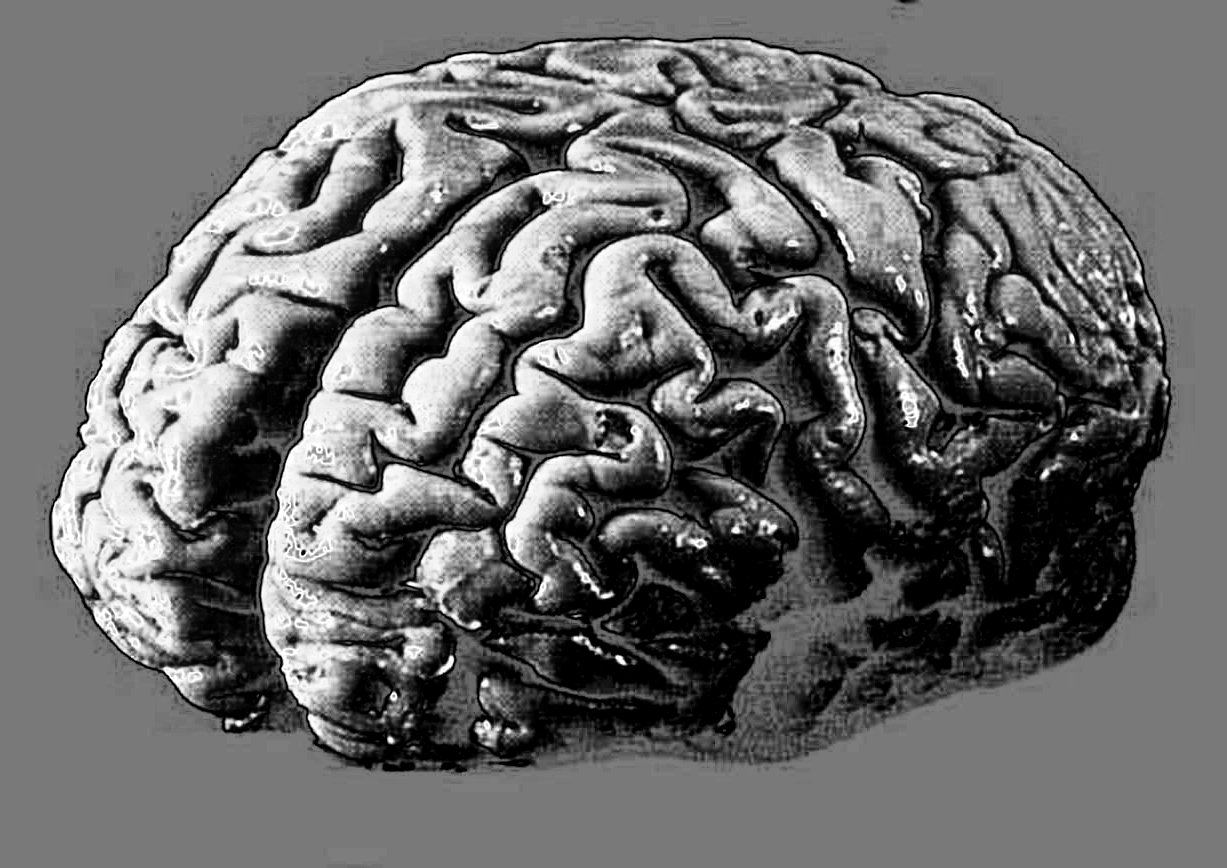Vitamin D has dopamine effect
 Local neuroscientists have shown how vitamin D deficiency affects developing neurons in the brain’s dopamine circuit.
Local neuroscientists have shown how vitamin D deficiency affects developing neurons in the brain’s dopamine circuit.
They suggest this may lead to the dopamine dysfunction seen in adults with schizophrenia.
Schizophrenia is associated with many developmental risk factors, both genetic and environmental. While the precise causes of the disorder are still unknown, it is associated with a pronounced change in how the brain uses dopamine, the neurotransmitter often referred to as the brain’s ‘reward molecule’.
At UQ’s Queensland Brain Institute, Professor Darryl Eyles has followed the mechanisms that may relate to abnormal dopamine release and discovered that maternal vitamin D deficiency affects the early development and later differentiation of dopaminergic neurons (the main source of dopamine).
“Our latest research has shown conclusively that vitamin D affects how dopamine neurons grow and function, and this may lead to dopamine dysfunction later in adults who develop schizophrenia,” Professor Eyles said.
“We developed dopamine-like cells to replicate the differentiation process into early dopaminergic neurons that usually takes place during an embryo’s development.
“By studying neurons in the presence and absence of the active vitamin D hormone in three different model systems, we showed neurite growth markedly increased in the presence of vitamin D.
“We also found the altered differentiation process in the presence of vitamin D not only makes the cells grow differently, but it also recruits machinery to release dopamine differently.”
The lab used new visualisation tools, known as false fluorescent neurotransmitters, to analyse the changes in presynaptic dopamine uptake and release in the presence and absence of vitamin D.
Leveraging advances in targeting and visualising single molecules within presynaptic nerve terminals has enabled the research team to further explore their long-standing view that maternal vitamin D deficiency changes how early dopaminergic circuits are formed.
The team is now exploring whether other environmental risk factors for schizophrenia, such as maternal hypoxia or infection, similarly alter the trajectory of dopamine neuron differentiation.
The paper was published in the Journal of Neurochemistry.








 Print
Print